Muslims in Japan struggle to find graveyards to bury their dead
3 min readJapan, a country that ranks among the world’s strongest economies, attracts many foreigners who come here on work permits, study permits, and for other purposes. Despite having all the facilities, minorities in the country face a major issue concerning the burial of their loved ones: They can’t bury them.
The Muslim community comprises only 2% of Japan’s total120 million population, with only 200,000 residents. But they have no graveyard to bury their family members or people who follow Islam.
Dr Tahir Abbas Khan, a Pakistan-based university lecturer believes that this thought shakes his soul what will he do if anyone in his close ones dies, as Japan has the lowest number of cemeteries.
Several Muslim families in Japan have to travel long distances if they want to bury their loved ones in accordance with Islamic rules.
Muhammad Iqbal Khan, the owner of a car shop, had moved to Japan in 2004. He also underwent the same pain when his premature baby died. Although he wanted to be with his wife in such painful moments, he had to travel at least 1000 kilometres to the Yamanashi graveyard—a Christian and Muslim cemetery—to bury his newborn.
The majority in Japan follow Buddhism and Shinto, as per the tradition they burn bodies after death. Muslim traditions dictate dead should bed buried within 24 hours after death.
Graves will contaminate underground water
Cremations in Japan pushed Dr Tahir into pain and it forced him to help other Muslims. So, he decided to represent Muslims and established a Bepo Muslim Association in Japan.
He said that he would not be able to spend a good life if he failed to bury any of his relatives or friends with dignity.
Dr Khan’s association bought a plot for the burial of the Muslim dead near a Christian graveyard with a capacity of 79 graves, NOC has been provided by landlords but a local community settled at least 3 kilometres away raised objections.
Dr Khan told BBC Urdu that the settlement believes burial will pollute the underground water leaving it contaminated.
Ryouko Satou, a Japanese woman who converted to Islam, said that some people perceive burial as ‘dangerous’ or ‘shameful,’ even though decades ago it was common in Japan.
“If wanting to be buried is selfish, at least let me be selfish about my dead body,” she says.
Dr Khan said that Japan has only 13 graveyards, and Hiroshima is one of those, which was established recently.
According to Iqbal, it has all the facilities Muslims need. “We have water facilities to clean ourselves (ablution) and the local community provides us with halal food,” he says.
Iqbal appealed to the government to establish places of worship and cemeteries for Muslims in Japan. He said other communities, such as Jews and recent Christian immigrants from Brazil, are also struggling.
He added the chances are still very low that the government will intervene in this matter. But Dr. Khan is not giving up hope.
He says that we will not burn any dead body. “It is not possible. We will do whatever it takes to bury the dead.”
For the latest news, follow us on Twitter @Aaj_Urdu. We are also on Facebook, Instagram and YouTube.














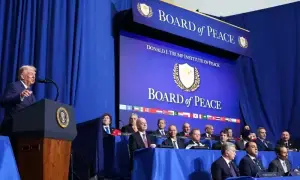


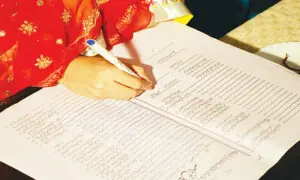
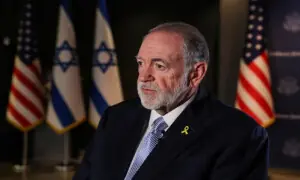
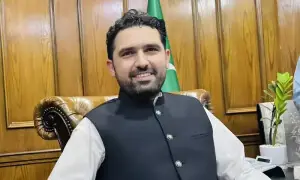
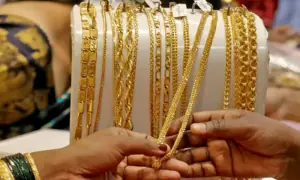
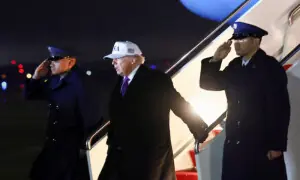
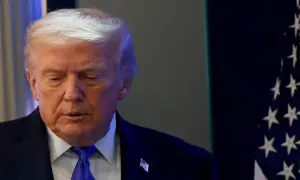
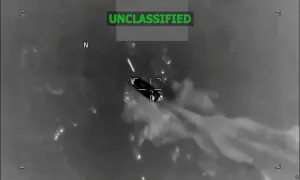

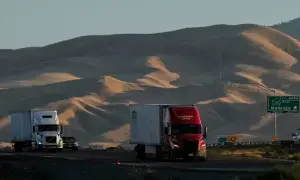
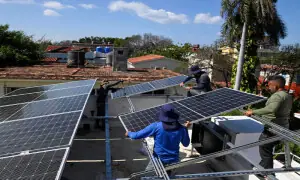
Comments are closed on this story.